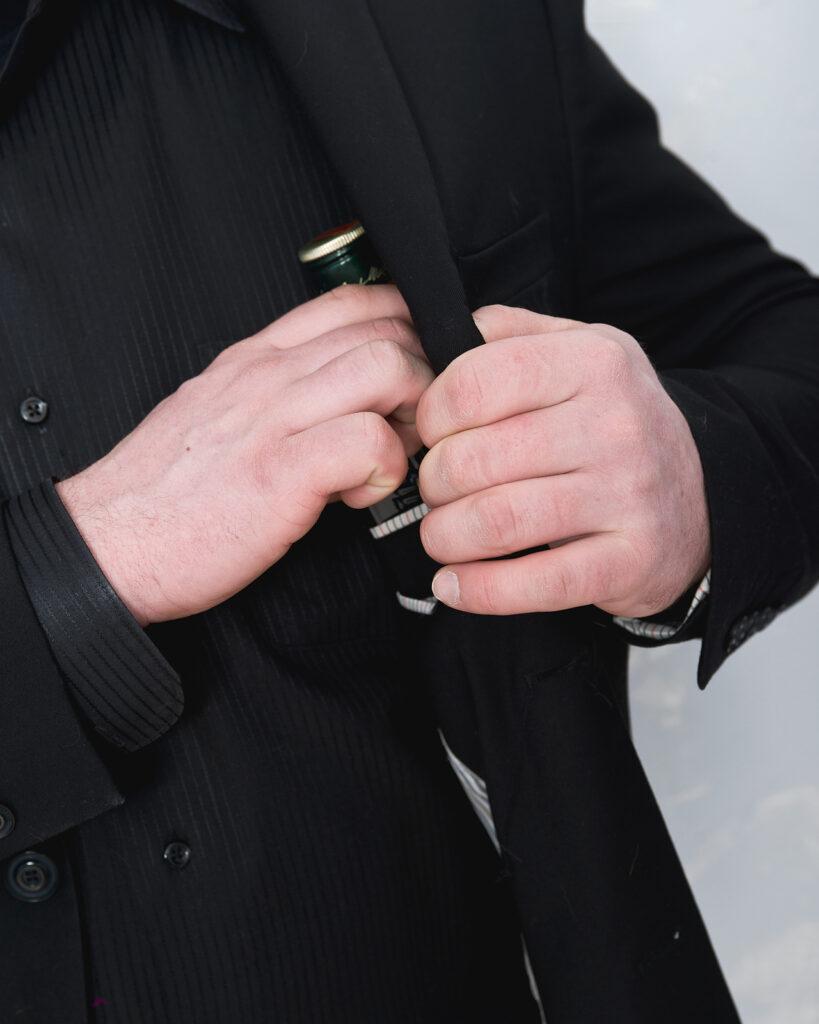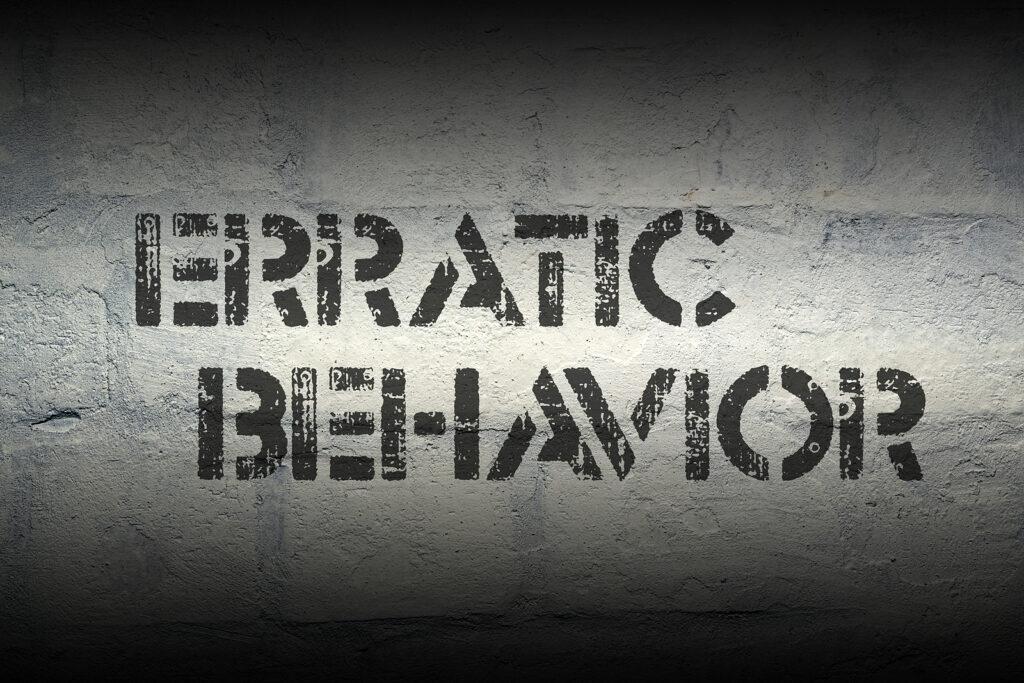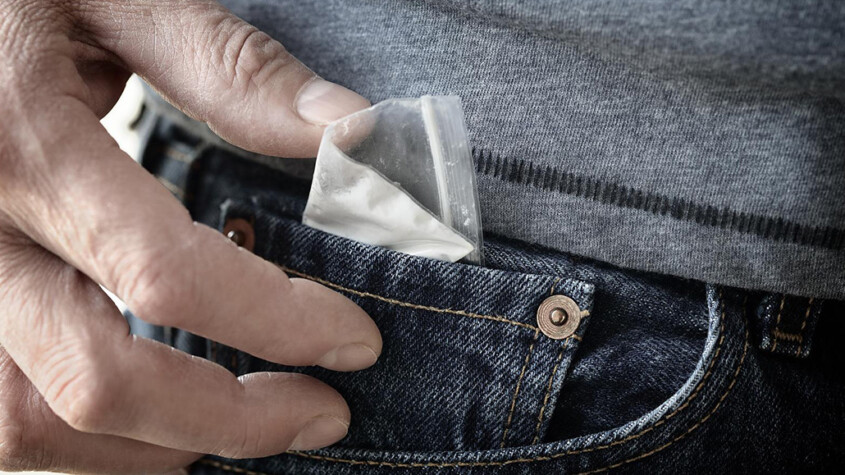Hiding An Addiction
Signs A Loved One May Be Hiding Addiction to Alcohol Or Other Substances
Addiction is a complex and challenging condition that can be difficult to recognize, especially when a loved one is trying to hide it. Substance abuse can cause significant damage to an individual’s physical and mental health, relationships, and overall well-being. Therefore, it is important to be aware of the signs that a loved one may be hiding an addiction to alcohol or other substances. In this blog post, we will discuss some of the signs to look out for.
Changes in Behavior
One of the most significant signs that a loved one may be hiding an addiction is changes in their behavior. It is important to be able to recognize these changes as they often present in a subtle manner and can be easily missed if not actively investigated. These changes may include:
- Increased secrecy and isolation
- Mood swings and irritability
- Agitation or anxiety
- Increased defensiveness and denial
- Missing important events or appointments
- Financial problems
- Loss of interest in activities they once enjoyed
- Legal troubles
Physical Symptoms

Addiction can cause a variety of physical symptoms that may be noticeable in a loved one. Keep in mind these physical symptoms can mimic other medical issues Some of the physical symptoms of addiction may include:
- Changes in appetite and weight
- Sleep disturbances or insomnia
- Sweating or shaking
- Dilated pupils
- Slurred speech or impaired coordination
- Poor hygiene and grooming habits
- Bloodshot eyes or dark circles under the eyes
- Frequent illnesses or infections
Changes in Relationships
Substance abuse can also have a significant impact on a loved one’s relationships. Some of the changes in relationships that may indicate an addiction include:
- Changes in social circles or friends
- Increased conflicts or arguments with family and friends
- Difficulty maintaining healthy relationships
- Loss of trust and communication with loved ones
- Secretive behavior and lying
- Neglecting important responsibilities, such as parenting or work obligations
Signs of Alcohol and Other Substance Use
Specific signs of alcohol and other substance use can also indicate that a loved one may be hiding an addiction. Some of the signs of drug use may include:
- Finding drug paraphernalia, such as pipes, needles, or bags
- Finding drugs or alcohol hidden in the house or car
- Unexplained disappearances or long absences from home
- Unexplained financial transactions or money missing
- Suspicious smells, such as smoke or chemicals
- Changes in physical appearances, such as track marks or injection sites

How to Confront the Possible Addiction
If you suspect that a loved one may be hiding an addiction, it is important to address the situation with care and compassion. Here are some steps you can take:
- Approach the situation with empathy and understanding
- Avoid judgment and blame
- Express your concerns in a non-confrontational way
- Encourage your loved one to seek help and support
- Offer to help them find resources for treatment and support
- Set boundaries and consequences for negative behavior
- Take care of your own well-being
- Consult with an Addiction Psychiatrist to strategize getting the loved one into treatment
Begin Working With An Addiction Psychiatrist in New York, NY
Addiction is a serious condition that can have significant consequences for individuals and their loved ones. If you suspect that a loved one may be hiding an addiction to alcohol or other substances, it is important to address the situation with care and compassion. By being aware of the signs of addiction and taking steps to support your loved one, you can help them to get the help they need and begin their journey to recovery. As an addiction psychiatrist, I would be honored to support you in addressing addiction with loved ones. You can start your therapy journey from my NYC, Manhattan-based practice by following these simple steps:
- Contact Stephen Gilman, MD
- Learn more about me and my approach to addiction treatment
- Start helping loved ones overcome addiction
Other Services Offered with Stephen Gilman, MD – Addiction Psychiatrist in NYC, Manhattan
I know that clients may experience more than one mental health concern at a time. This is why I’m happy to provide a variety of services in the realm of addiction treatment. These services include alcohol addiction, young adult psychiatry, and adult psychiatry. I’m also happy to offer prescription drug addiction treatment, cocaine addiction, meth addiction treatment, behavioral addiction treatment, PTSD treatment, drug addiction treatment, and marijuana addiction treatment. Learn more about me or visit my blog for more helpful info.




Trackbacks & Pingbacks
[…] can also be effective in treating trauma and addiction. These therapies can help individuals to develop a greater sense of self-awareness and self-regulation, which can reduce the symptoms of PTSD and improve treatment […]
[…] Anonymous is a twelve-step facilitation treatment program for people who have struggled with alcoholism. The program was founded in 1935 by Bill Wilson and Dr. Bob Smith. It has since undergone many […]
[…] This means that those who have close family members who struggle with alcoholism themselves or had struggled with alcohol abuse themselves were more likely to drink heavily during and after a pandemic. Research on genetics […]
[…] of other psychological issues. It is important for those who may be experiencing these symptoms to seek professional help in order to properly diagnose and treat […]
Comments are closed.